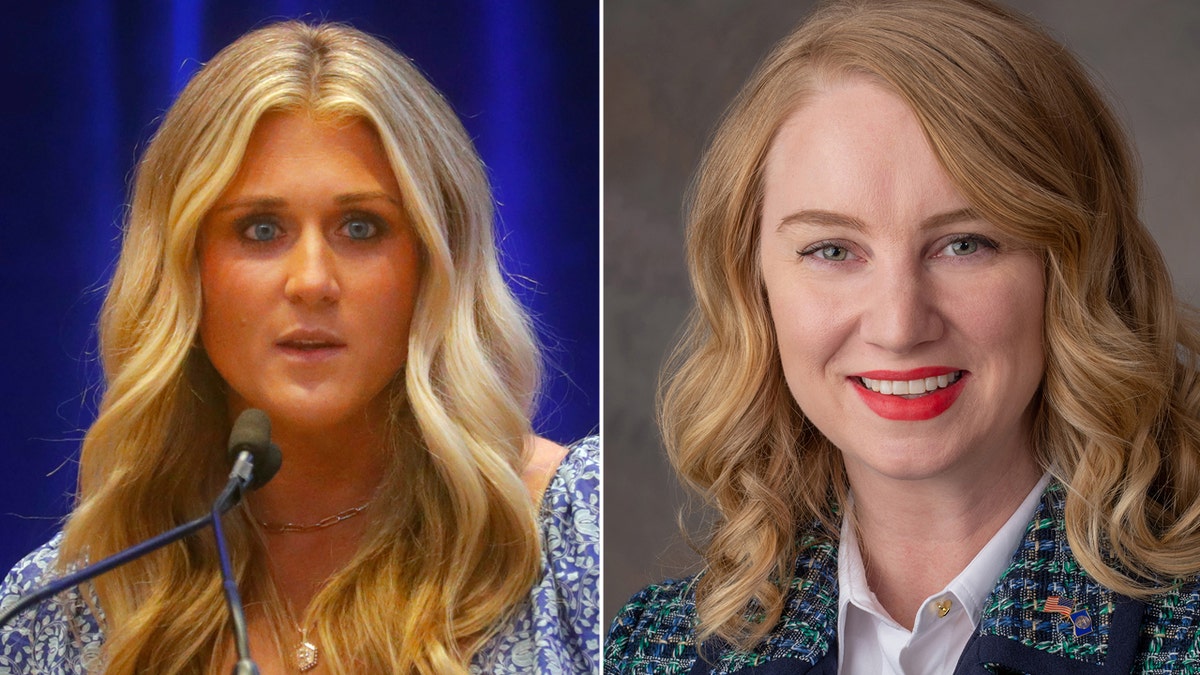In a fiery exchange that has reignited the debate over transgender athletes in sports, former competitive swimmer Riley Gaines sharply criticized Lia Thomas, a transgender athlete, after Thomas expressed frustration over being removed from the women’s Olympic team. Gaines, who has become an outspoken advocate for the rights of cisgender female athletes, did not mince words in her response.

“We shouldn’t reward weak men by letting them try to compete with women,” Gaines declared in a social media post that quickly went viral, garnering both support and backlash. Her comments come in response to Thomas, who has been vocal about what she perceives as the unfairness of being excluded from the women’s category despite undergoing hormone therapy and other medical treatments to align her physical characteristics with her gender identity.
The incident has added fuel to an already intense debate surrounding the inclusion of transgender athletes in sports, particularly in gender-specific categories. Supporters of Gaines argue that allowing transgender women to compete in female categories undermines the integrity of women’s sports by introducing physical advantages that may persist despite medical interventions. Critics of Gaines, however, accuse her of perpetuating harmful stereotypes and discriminating against transgender individuals who are simply seeking to compete in alignment with their gender identity.

Thomas, who made headlines previously as the first openly transgender swimmer to win an NCAA Division I title, has faced significant scrutiny and opposition throughout her athletic career. Her removal from the women’s Olympic team has sparked discussions about the balance between fairness and inclusion in sports, with many questioning where the line should be drawn.
Gaines’ remarks have polarized the public, with some praising her for standing up for the rights of cisgender female athletes, while others have condemned her for what they see as transphobic rhetoric. The controversy reflects broader societal tensions around gender identity and the evolving understanding of fairness in athletic competition.
As the conversation continues, the sports community finds itself at a crossroads, grappling with how to accommodate the rights and identities of all athletes while preserving the principles of fair play. Whether this debate will lead to new policies or further division remains to be seen, but one thing is certain: the issue is far from settled.
